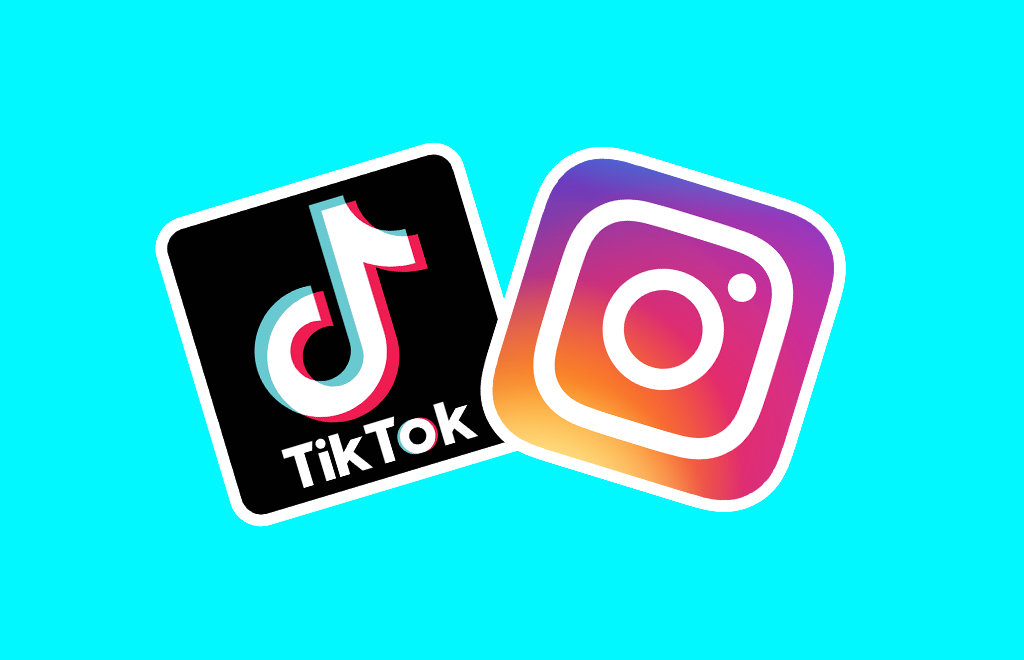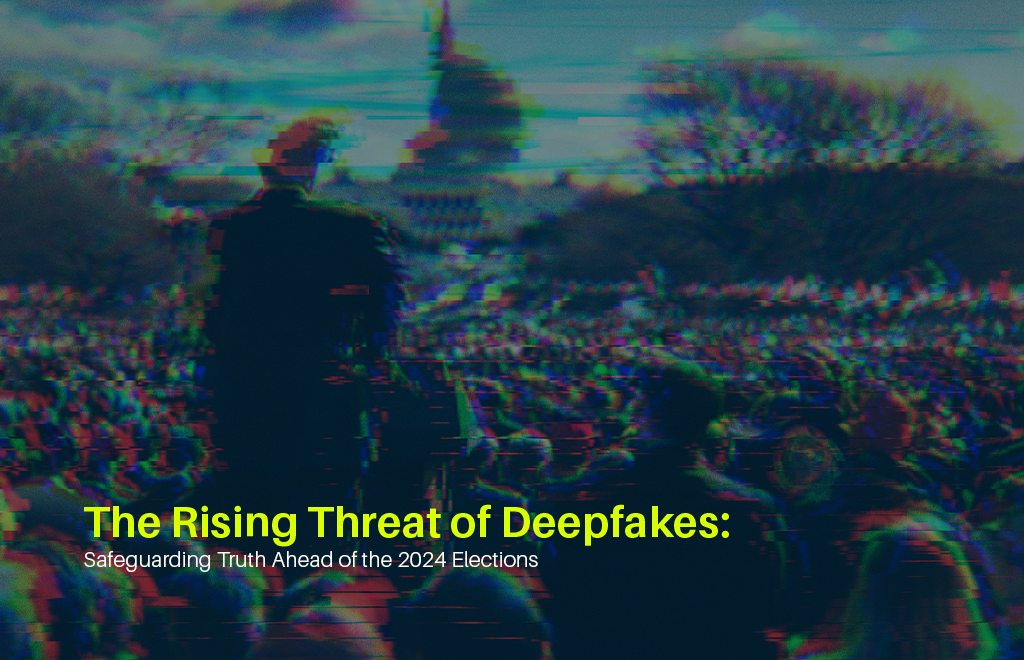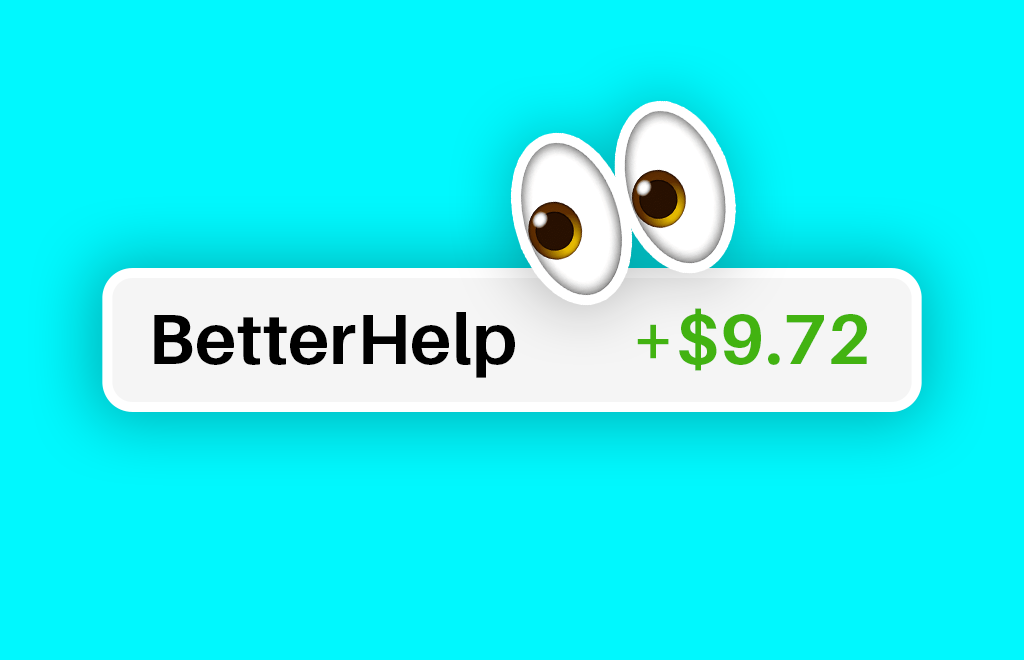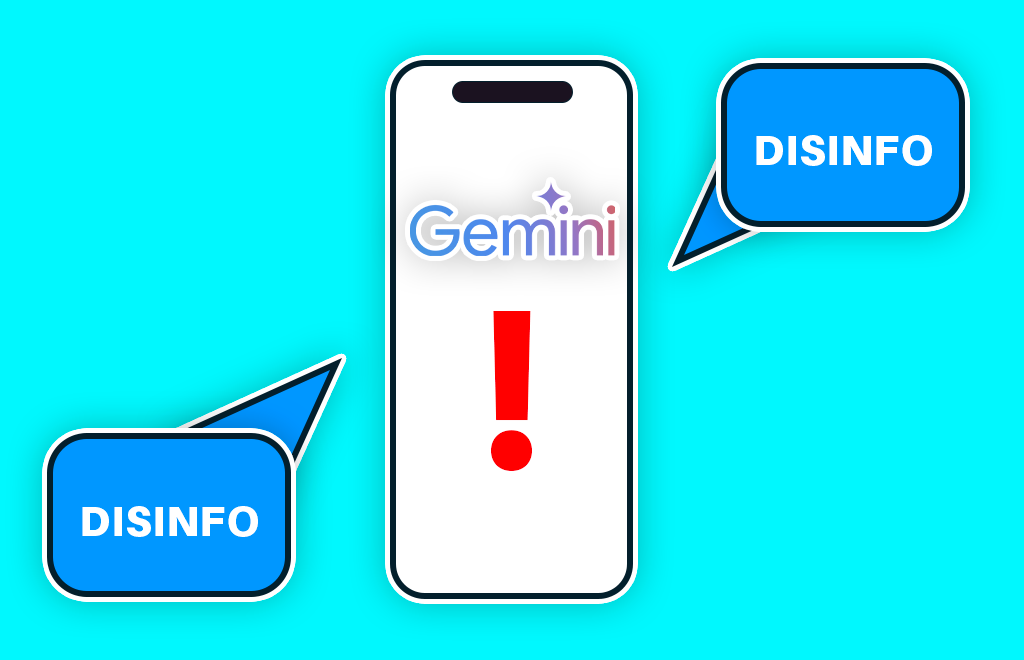Meta had a big news week last week – it reported its first revenue decline and 36 percent profit drop, is being charged with a new FTC lawsuit to block its virtual reality deal, and slowly overhauling its original vision for Facebook.
Everyone is taking notice – Zuckerberg seems to be deeply fearing the looming threat of TikTok, and is moving towards a platform in which feeds are largely filled with algorithmically recommended content, diverting from its popular “friends and family” model. The pivot is unsurprising – Meta’s profit margins are thinning and so as expected, it will double down on its core profit-driver: surveillance advertising. Mark Zuckerberg literally admitted it last week:
"As our AI finds additional content that people find interesting, that increases engagement and the quality of our feeds. Since we're already efficient at monetizing most of these formats, this should increase our business opportunity over that period as well."
Last week, Instagram rolled out and then rolled back a substantial platform update. The update involved an overhaul of the platforms’ user experience (flooded with dark patterns – design that manipulates or heavily influences users to make certain choices) with new design changes that control how users experience content. On Thursday, Instagram chief Adam Mosseri announced the updates were so unpopular (thank you, Kardashians!) that the company is now either scrapping or pausing the updates to figure out how to make it more appealing for users, but the announcement gave important insight into the direction Meta seems to be headed:
- Infinite scroll: If implemented, Instagram’s home feed would mirror that of TikTok (with content and ads taking up the full display), so users have no alternative but to stop at every piece of content on their feed.
- Ad metric inflation: Ads would take up the full display, and users have to tap the screen to dismiss (instead of being able to scroll past it) forcing us to engage with every ad. This will inflate ad metrics, increasing Meta’s reliance on its surveillance ad business model.
- Content mixing: In an infinite, continuous feed, it is now significantly harder to discern content from people you follow, accounts that are suggested to you based on your profile, and ads. Before, Instagram would have a “suggested for you” tag on content from people you didn’t follow.
- Sound on: By default, videos would also be unmuted. This would add significant friction to the user experience, placing more burden on the user to not engage with unwanted content.
Instagram’s business model is built on monetizing human emotions – platforms curate content users see based on data they’ve gathered, keeping you hooked, serving you ads, and mining you for more data. These proposed changes will only further entrench the Big Tech business model of mining users for data for profits. Earlier last week, Meta also announced it would tweak Facebook’s home tab to create for space for video:
“[It] will feature a feed with photos, looping videos and status updates from a mix of friends and family. The Home tab will also show a variety of posts from people and pages unconnected to a user’s network, labeled “Suggested for You.”
While Instagram temporarily paused its latest update, Meta will continue to find ways to profit off the attention economy. It is interesting to note the immense criticism Instagram received with this update. Platforms like Instagram have gained popularity largely because of content creators like the Kardashians, and when they forcefully oppose updates such as this one, what does that mean for the future of the platform? Even as platforms begin to integrate live video, the algorithm still favors highly popular video content from creators like the Kardashians – as revenues tank, the last thing Instagram needs is a loss of its creator class.
With so many worrisome effects from social media, design tweaks and other policy changes could have a huge impact on our collective well-being, people’s mental health, and the integrity of our information ecosystem. Big Tech will continue to morph to keep its business model alive – it’s a race to the bottom.








